10 Microsoft Access Alternatives for 2025
Microsoft Access is one of the most popular database solutions for businesses of all kinds.
However, many businesses are seeking out more modern alternatives, with the rise of new technologies including NoSQL tools, big data, AI, low-code development, and more.
Despite this, countless businesses still use Access. Indeed - and to its credit - it’s been at the center of all kinds of solutions for decades.
But, today we’re exploring some more modern alternatives. Specifically, we’ll check out the following.
- What is Microsoft Access?
- Who uses Access?
- Why would you want a Microsoft Access Alternative?
- 10 Microsoft Access alternatives for 2025
Let’s kick off with a little bit of background.
What is Microsoft Access?
Launched way, way back in 1992, Access is basically a database management system, with its own graphical user interface and built-in functionality for building applications with your data.
More specifically, Access is an RDBMS that stores data in its own proprietary file format based on the Access Database Engine. Like the rest of Microsoft Office, objects stored in Access are supported by the Visual Basic Application Language (VBA).
This can be used to call built-in operations from the Windows operating system.
Historically, it’s been shipped as part of the Microsoft Office suite of tools.
Microsoft Access is variously used as both an application front-end and back-end.
Since Access is a database, one option is obviously to use it to store data in tables, and then build interfaces and database applications for interacting with this.
But, Access also provides basic functionality for building UIs - especially things like forms, data tables, and other basic app screens - either based on internal data - or other databases, like Microsoft SQL Server.
Access can also be used as a multi-user database, although we can’t achieve as sleek an experience as with some newer alternatives - or tools that support MySQL, Postgresql, or other SQL databases.
Historically, a big selling point for Access was the relative ease of automating data operations using macros - using either VBA or point-and-click actions.
Access also gained popularity for enabling users to leverage database templates, helping them get up and running for specific use cases quickly. It’s also well regarded in terms of scalability - both for end users and datasets.
Who uses Access?
This is actually quite an interesting question. A huge proportion of Access users in 2023 are enterprise IT teams in legacy industries - think banking, big corporations, and manufacturing companies for a few examples.
Why?
One reason is simply Access’s ubiquity. In large organizations, getting new tools through IT’s vetting process can be a big challenge. If the Microsoft Access Database is already an approved tool, continuing to use it will likely be the quickest way to output whatever solution you want to build.
In other cases, Access is popular among organizations that are already heavily embedded in the Microsoft ecosystem - especially Sharepoint, Dynamics, or other related tools.
However, this isn’t the whole picture. Companies don’t only use Access because they have to.
Another key use case is scenarios where we might ordinarily use Excel, but we need more advanced functionality.
For instance, around more granular security and access control. Excel will let us protect entire sheets, but Access enables you to do the same for individual records.
Since it’s a full-on database, Access also scales a lot better than a spreadsheet, making it preferable for large data sets - while still retaining some similarities to Excel in terms of user experience.
Some people also use Access because it’s what they know. In fact, there are plenty of power users out there who are effectively Microsoft Access specialists.
Why would you want a Microsoft Access alternative?
So, Access obviously suits plenty of teams. What are the motivations for change?
For one thing, there’s the pace of change elsewhere in the technology landscape. This actually harms Access’s user base from two angles.
First, there’s been the emergence of new solutions that directly compete with Microsoft’s offering.
Of course, we’ll see some of these in a second.
Second, wider changes in your typical business’s tech stack are also leading IT teams to seek out alternatives. Fundamental changes in day-to-day IT operations related to the rise of NoSQL, cloud computing, big data, and other seismic shifts lie at the heart of this.
For many businesses, Microsoft Access simply no longer fits neatly into the bigger picture of internal IT.
10 Microsoft Access Alternatives
Now, we already know that different companies can use Microsoft Access in slightly different ways - and they’ll all have their own reasons for seeking out alternatives.
Therefore, we can reasonably conclude that the best replacement for Access will vary from one company to the next.
In fact, there are actually a couple of different approaches we could take to picking an alternative. On the one hand, we could go for a straight, like-for-like swap - by choosing a tool from another vendor that basically does the same thing as Access.
Or, we might opt for a solution that addresses the same underlying pain points, but differs in terms of the approach to solving these problems - and therefore the specific functionality on offer.
With that in mind, here are eight of our favorite Microsoft Access alternatives for 2025 and beyond.
Here’s a summary of what each one offers.
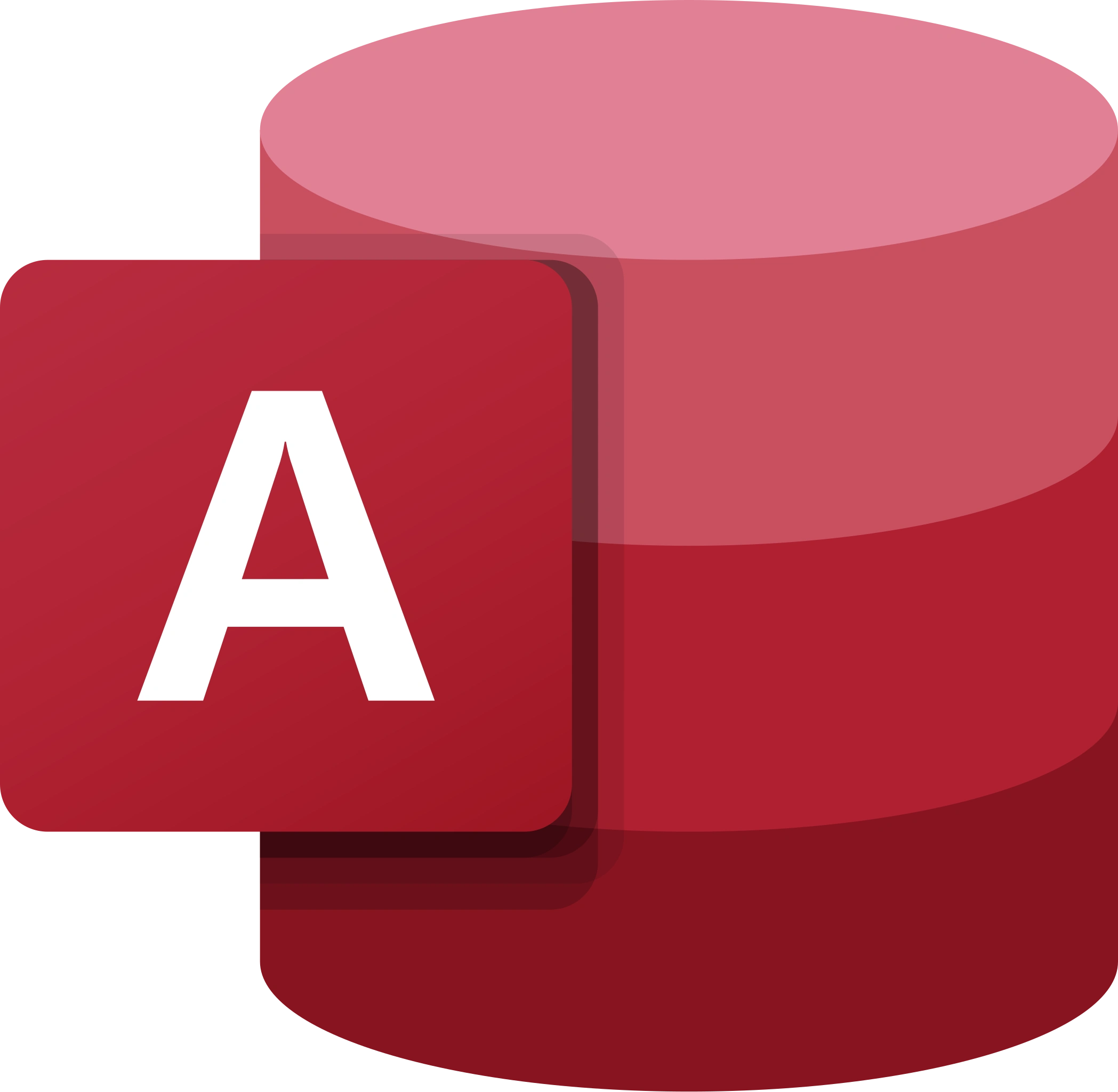 Access |  Budibase |  OpenOffice |  AxisBase | 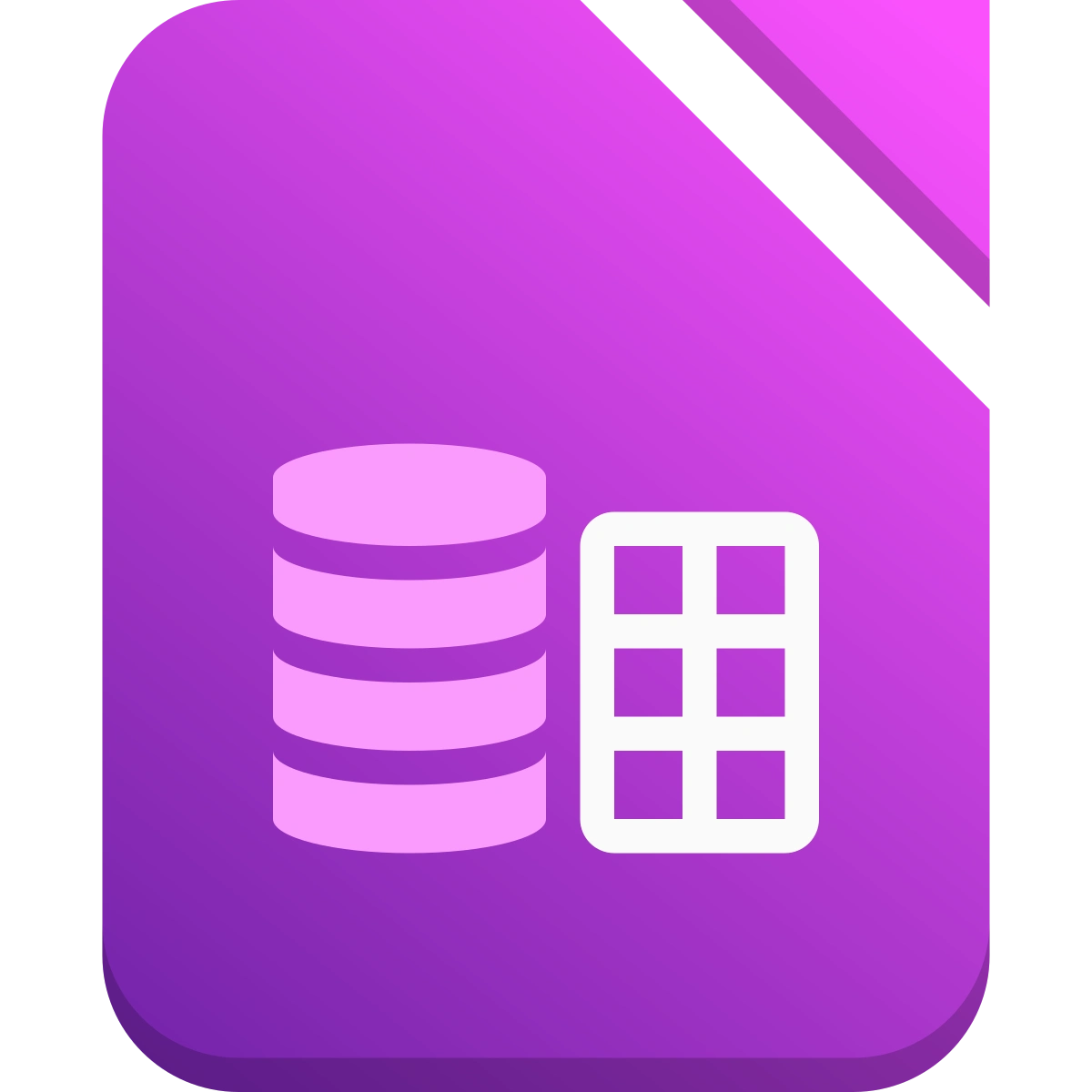 LibreOffice |  SQLite | 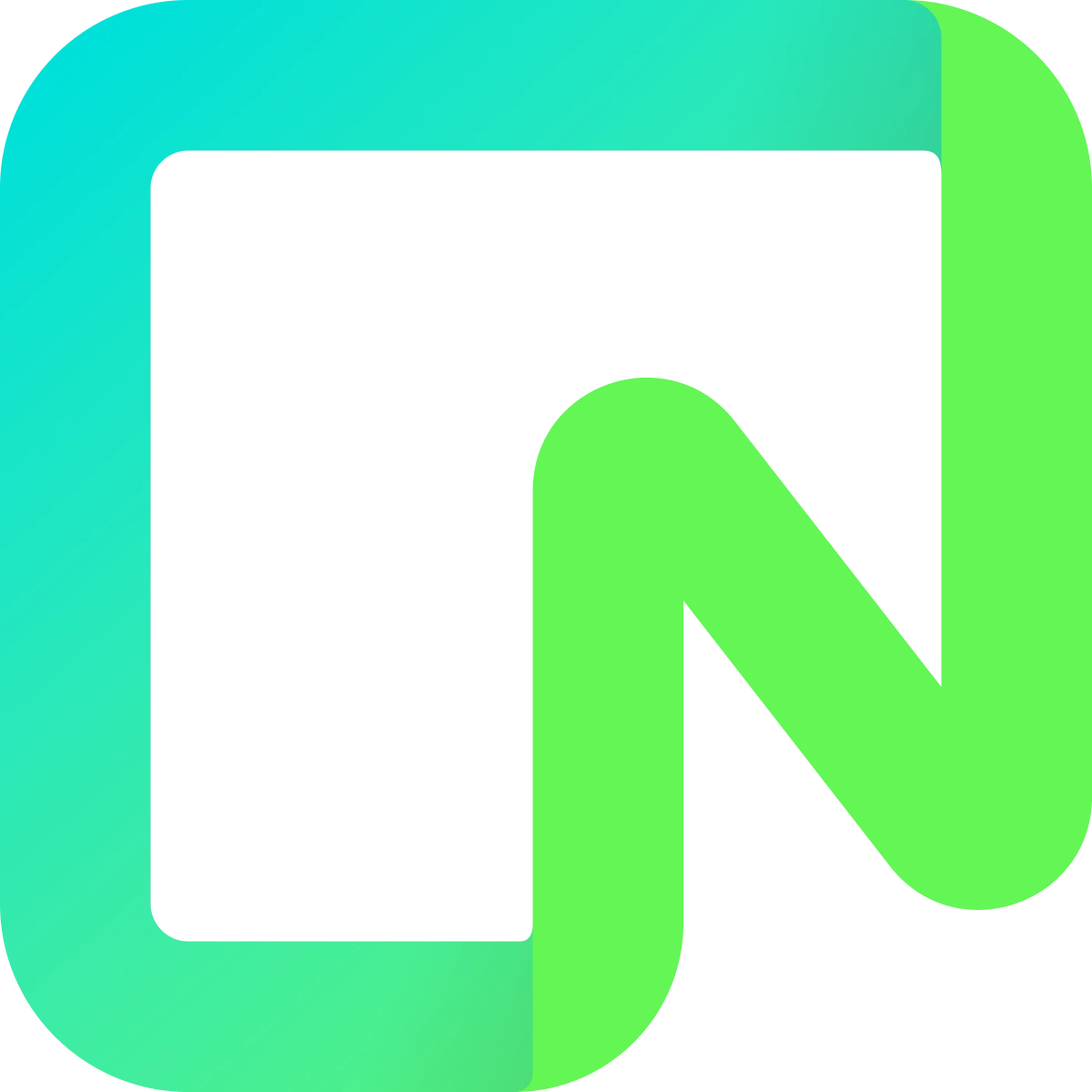 NeonDB |  MongoDB | 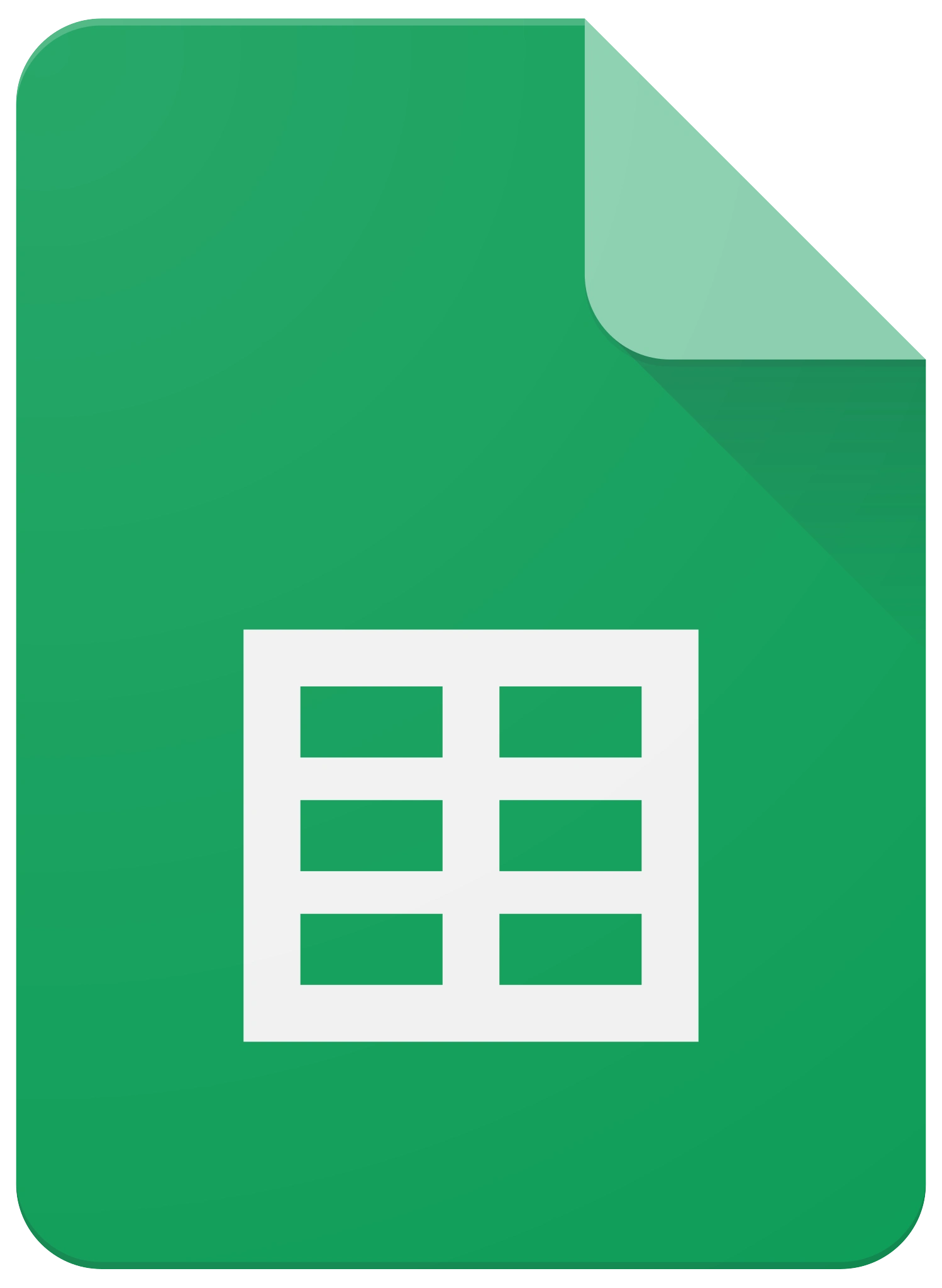 Sheets |  Airtable |  Smartsheet | |
|---|---|---|---|---|---|---|---|---|---|---|---|
| Internal Database | Yes | Yes | Yes | Yes | Yes | Yes | Yes | Yes | Yes | Yes | Yes |
| SQL Connectors | Yes | Yes | Yes | No | Yes | No | No | Yes | No | Yes | No |
| NoSQL Connectors | Yes | Yes | Yes | No | Yes | No | No | No | No | No | No |
| REST Data Sources | No | Yes | No | No | No | No | No | No | No | Yes | Yes |
| App Builder | Yes | Yes | No | No | No | No | No | No | No | Yes | Yes |
| Workflow Automations | No | Yes | No | No | No | No | No | No | No | Yes | Yes |
| Cloud Platform | No | Yes | No | No | No | Yes | Yes | Yes | Yes | Yes | Yes |
| Self-Hosting | No | Yes | Yes | No | Yes | Yes | Yes | Yes | No | No | No |
| Open-Source | No | Yes | Yes | No | Yes | Yes | Yes | Yes | No | No | No |
Let’s check them out in more detail.
Budibase
First off, Budibase is the leading open-source, low-code platform . IT teams in all industries choose Budibase to turn data into action.
With a market-beating range of external data connectors, our own built-in database, autogenerated UIs, flexible RBAC, optional self-hosting, intuitive automations, free SSO, and more, there’s never been an easier way to output performant apps at pace. In Budibase 3.0, we’ve also introduced visual RBAC, custom AI configs, automation branching, and raft of other market-beating features.
Connect your data, build UIs, automate workflows, and launch professional solutions in a fraction of the time.
To learn more, check out our features overview .
OpenOffice Base
Apache’s OpenOffice Base is an open-source, free Microsoft Access alternative. Therefore, it offers broadly similar functionality to its COTS equivalent. Base is built around a dedicated wizard for creating database designs, tables, views, forms, reports, and more.
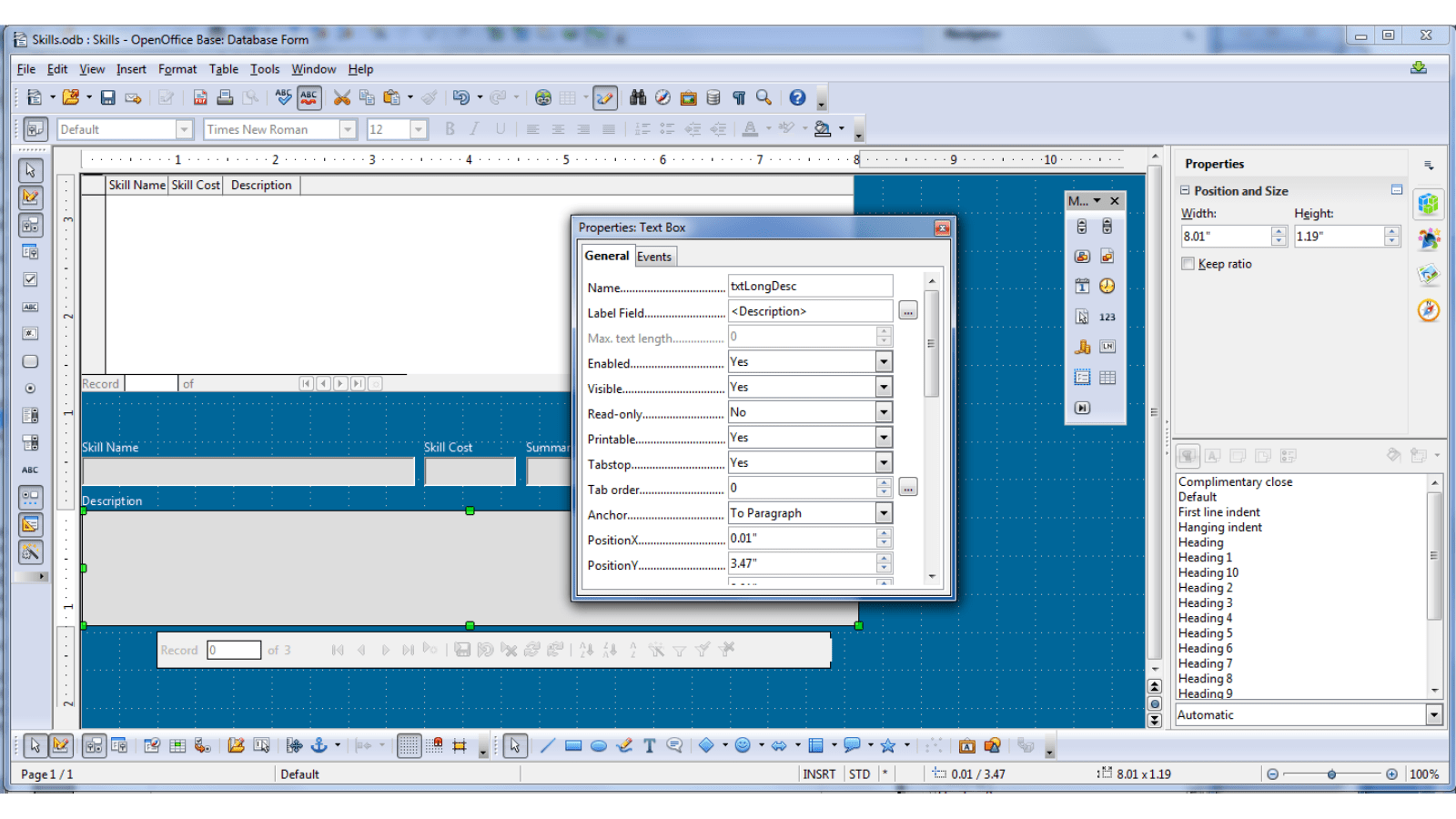
It’s built around the HSQL database engine - but also offers native support for flat files, as well as major DBMSs like Postgres and MySQL.
Obviously, Base is explicitly aimed at being an Access alternative, but we can’t reasonably expect the same levels of integration with other Microsoft tools - including support for native OS functions.
However, the biggest downside to Apache’s offering is probably its UI. It’s perfectly functional, but it won’t win any design prizes. In fact, these days, it looks pretty dated. Still, it is free, so we can’t win them all.
Axisbase
Axisbase is another free solution that directly positions itself as an alternative to Access. This time, it’s aimed at a slightly different user base - targeting users with a somewhat lower level of technical skills.
In other words, you don’t have to be a database expert in order to create viable solutions - but if you are you might encounter limitations regarding some of the things you might like to do.
So, there’s an intuitive interface for building databases, drill-downs, reports, and menus - but a lack of more advanced database concepts like primary and foreign keys, compression, and indexing.
Axisbase is a great solution for smaller-scale solutions but doesn’t necessarily scale well to large-scale server farms or data warehouses.
LibreOffice Base
LibreOffice Base is another open-source Microsoft Access alternative. It’s aimed at large enterprises that currently use Access and want to replace it. So, it’s built around a very simple interface and core functionality.
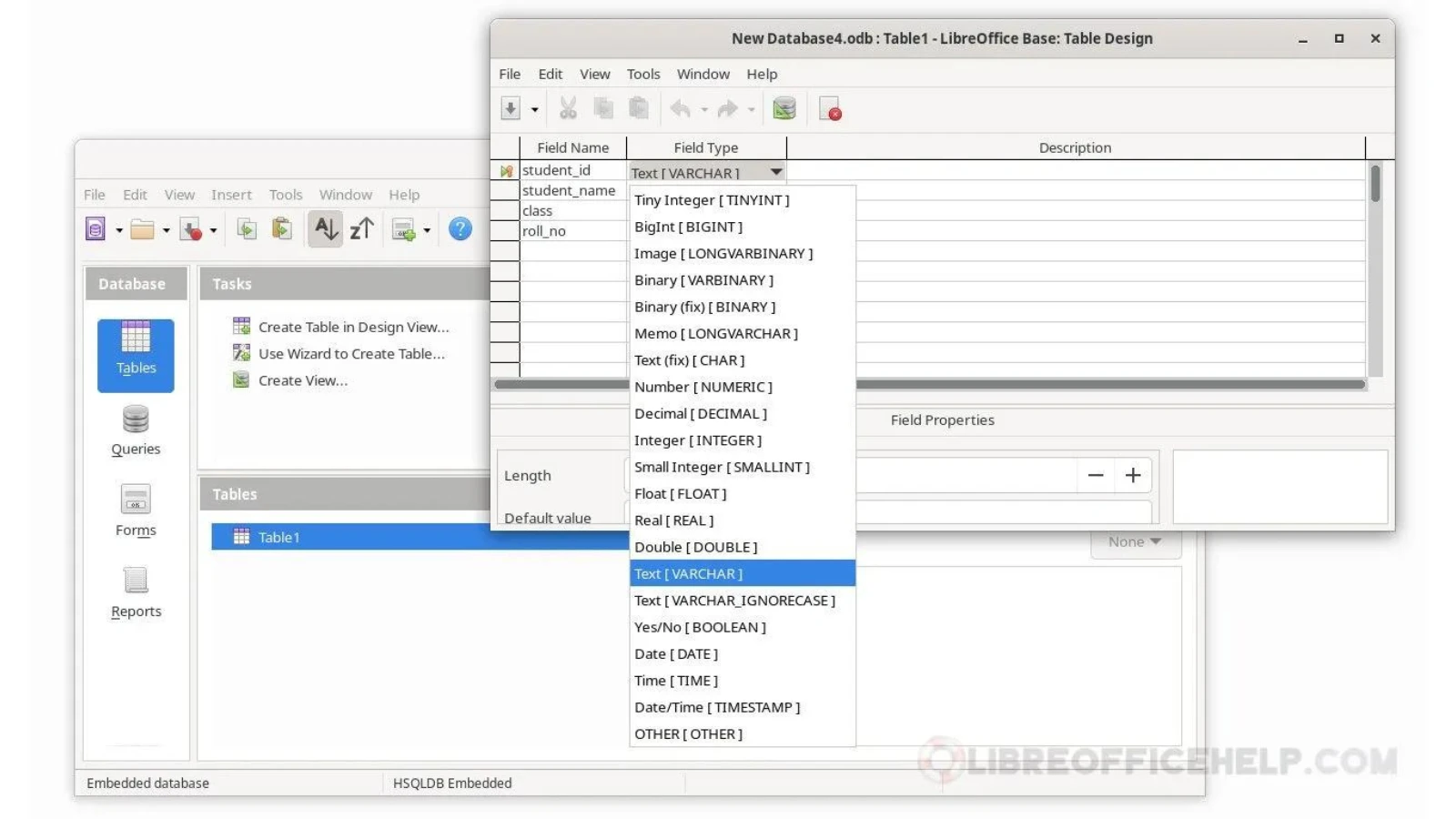
It offers native support for a huge range of database engines, including MySQL, MariaDB, Postgres, Adabas D, and MS Access itself. Therefore, making the switch can be incredibly easy.
LibreOffice Base also makes it relatively simple to get up and running, with a range of pre-configured database designs for common use cases, like inventory tracking and relationship management.
It’s also got its own SQL query editor. However, some users complain about a lack of support for more advanced custom queries, including ANSI-compliant SQL.
SQLite
SQLite is the first of our Microsoft Access alternatives that isn’t a straightforward lift-and-shift replacement. It’s actually a full-blown software library and database engine in its own right, offering a huge range of functionality.
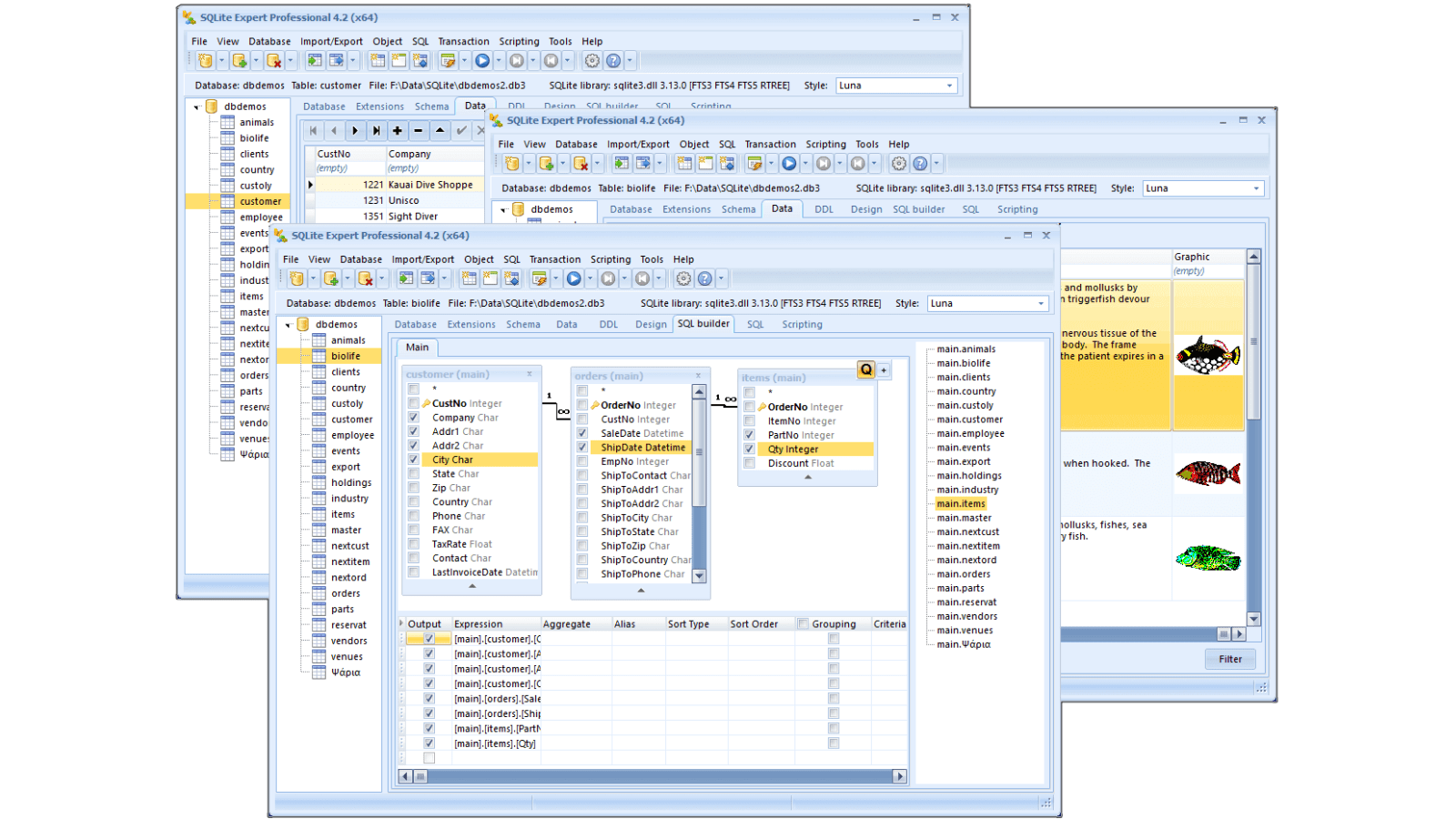
It’s largely built around the C language family, offering a self-contained, serverless SQL instance with minimal configuration.
SQLite also makes it easy to package smaller relational databases within applications.
However, many users find that it’s unsuitable for larger-scale solutions, due to a lack of network access or remote access.
NeonDB
NeonDB is a slightly different prospect again. It’s an open-source, scalable, serverless implementation of Postgresql that you can run on-premises or on Neon’s own infrastructure.
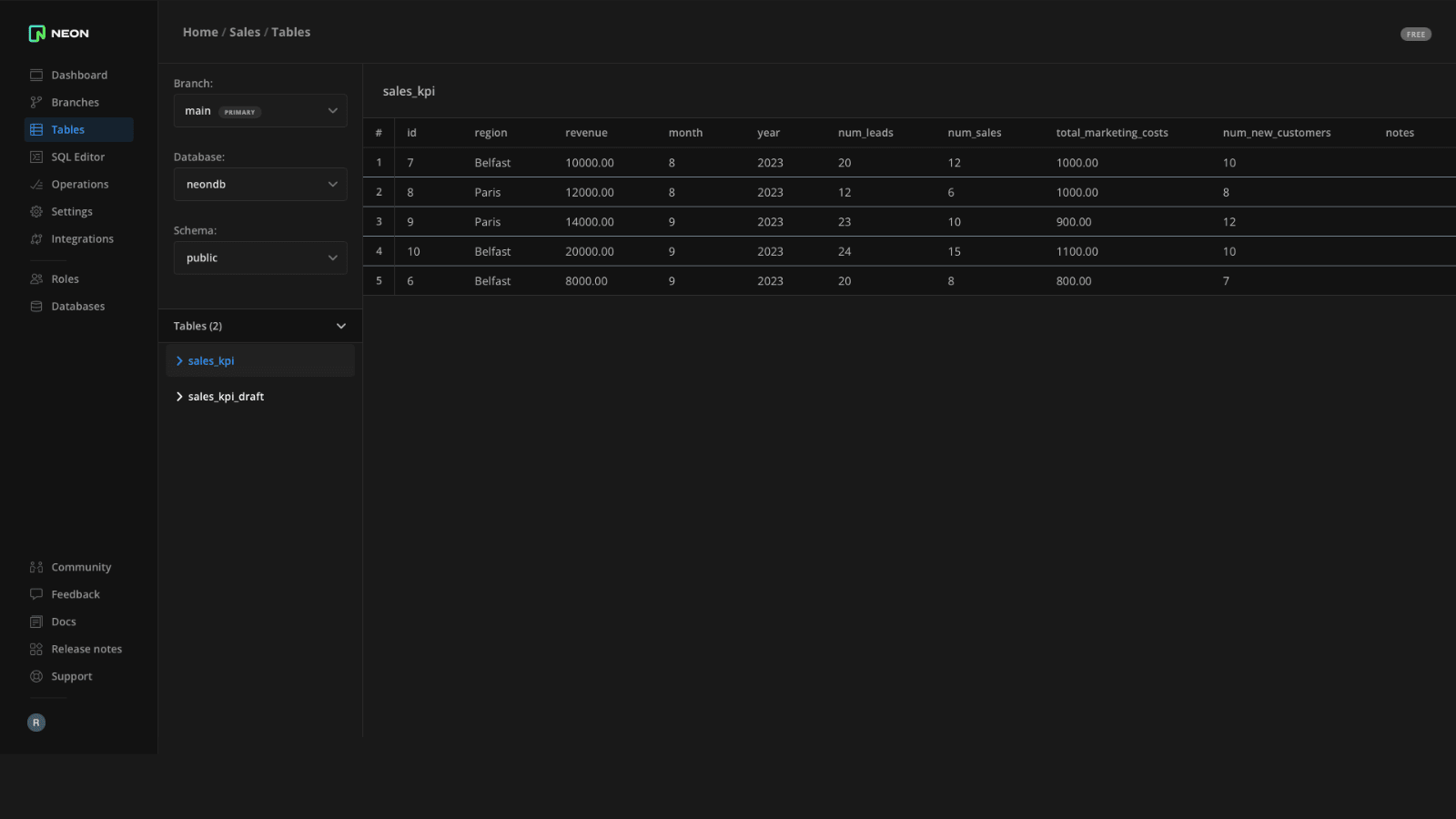
However, one thing sets NeonDB apart from other database tools - branching. Neon branches are writable, enabling us to experiment without impacting the main branch, create instant backups, manage integrations, and much, much more.
NeonDB also offers huge integrability via its API, enabling us to connect to all sorts of external tools for retrieving data, managing business processes, and building front-end interfaces.
It also features built-in secrets management, jobs pipelines, and helper scripting, making it a highly flexible platform that’s suitable for a vast array of solutions.
MongoDB
MongoDB has been one of the major players in the rise of NoSQL databases over the past decade or so. The idea is to combine the power and stability of traditional database engines with the scale, performance, and flexibility required for traditional app development.
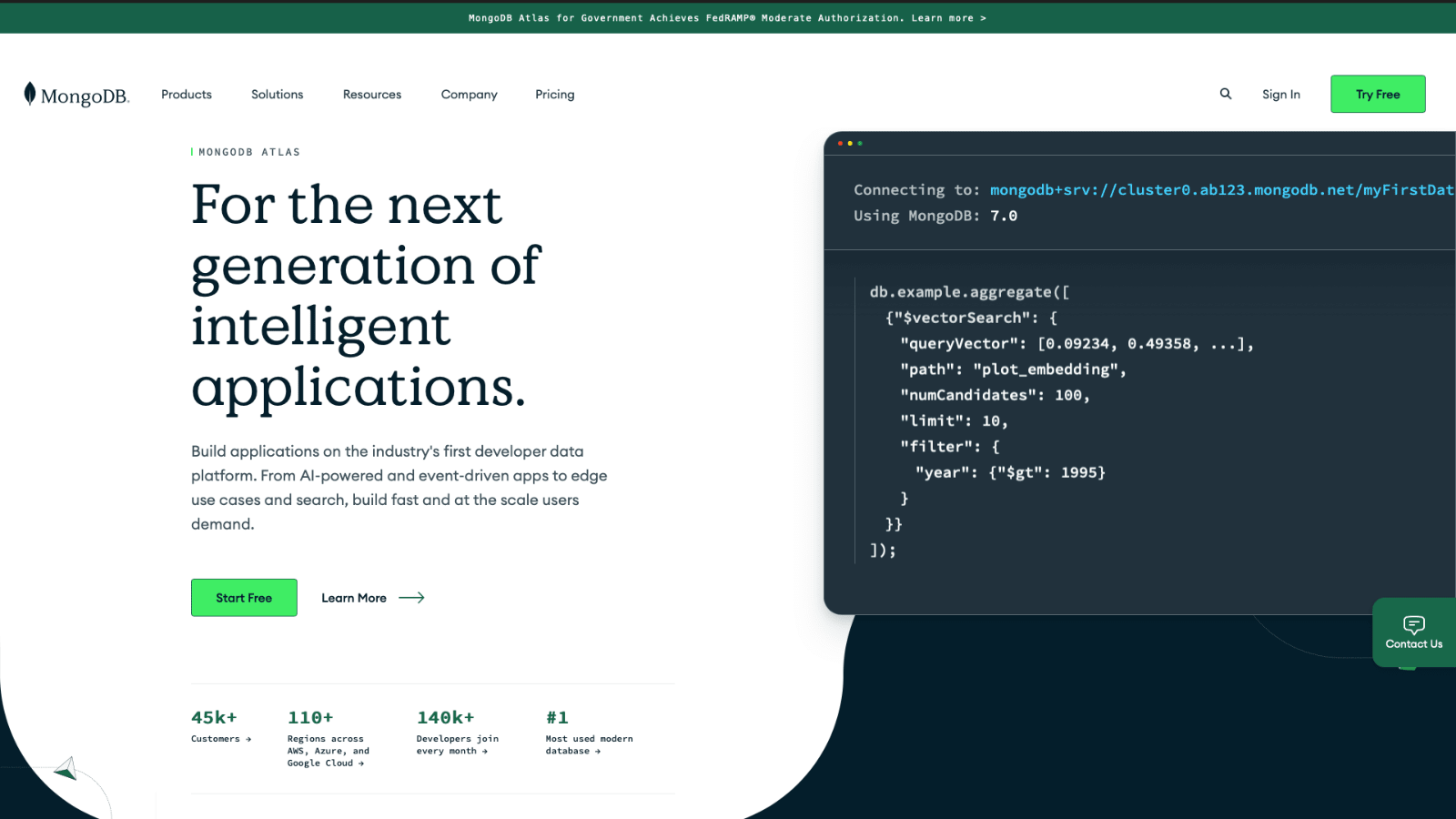
But, there’s also a steeper learning curve than SQL-based databases.
At its core, Mongo is a document store database. This means that data entities are created as JSON objects. It also offers direct support for JDBC, Python, JavaScript, C#, Ruby, and many more coding languages.
Nowadays, countless businesses use Mongo for both their application’s front and back ends.
However, it’s arguably not totally suitable for simpler use cases. We don’t get all of the same functionality as we would in an RDBMS for things like relationships. Less technical users might also struggle with simple tasks like data entry or CRUD operations.
Google Sheets
Sheets is Google’s alternative to Microsoft Excel. But, it also offers a whole range of capabilities that can make it a viable alternative for certain kinds of Microsoft Access users.
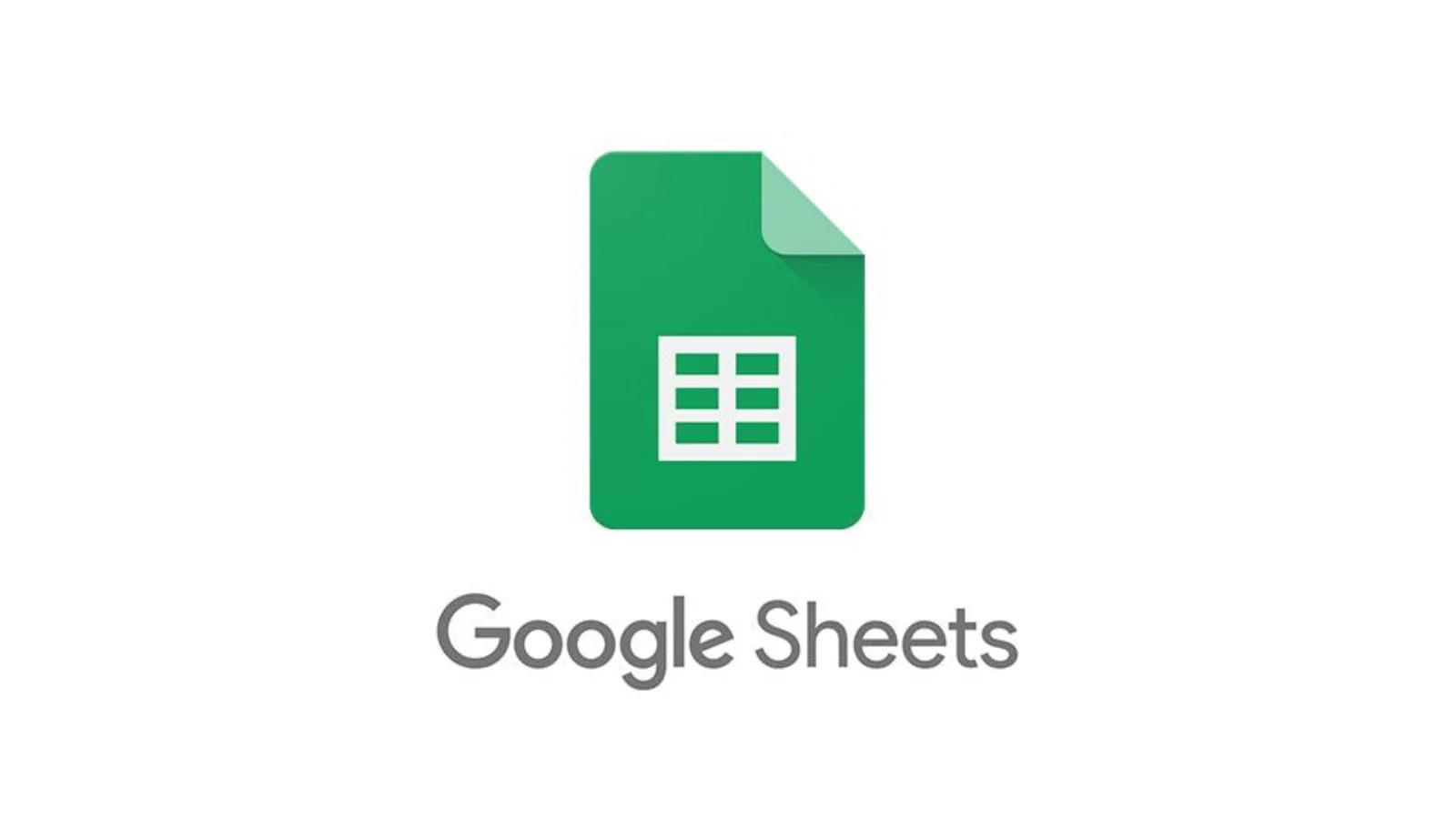
See, as a facet of where it sits in the wider Google Workspace ecosystem, Sheets is functionally quite a lot more than a spreadsheet tool.
For instance, integrations with other packages like BigQuery and App Engine, as well as a huge range of customization options through a dedicated plug-ins marketplace.
However, we still have some of the limitations that we’d see with any other spreadsheet tool compared to a formal database. This includes the likes of less advanced security measures, high potential for human error, and overall poor scalability.
Airtable
Airtable is one of the newer players in the data management space. As a Microsoft Access alternative, it empowers non-technical colleagues to build effective solutions with an intuitive, spreadsheet-like interface.
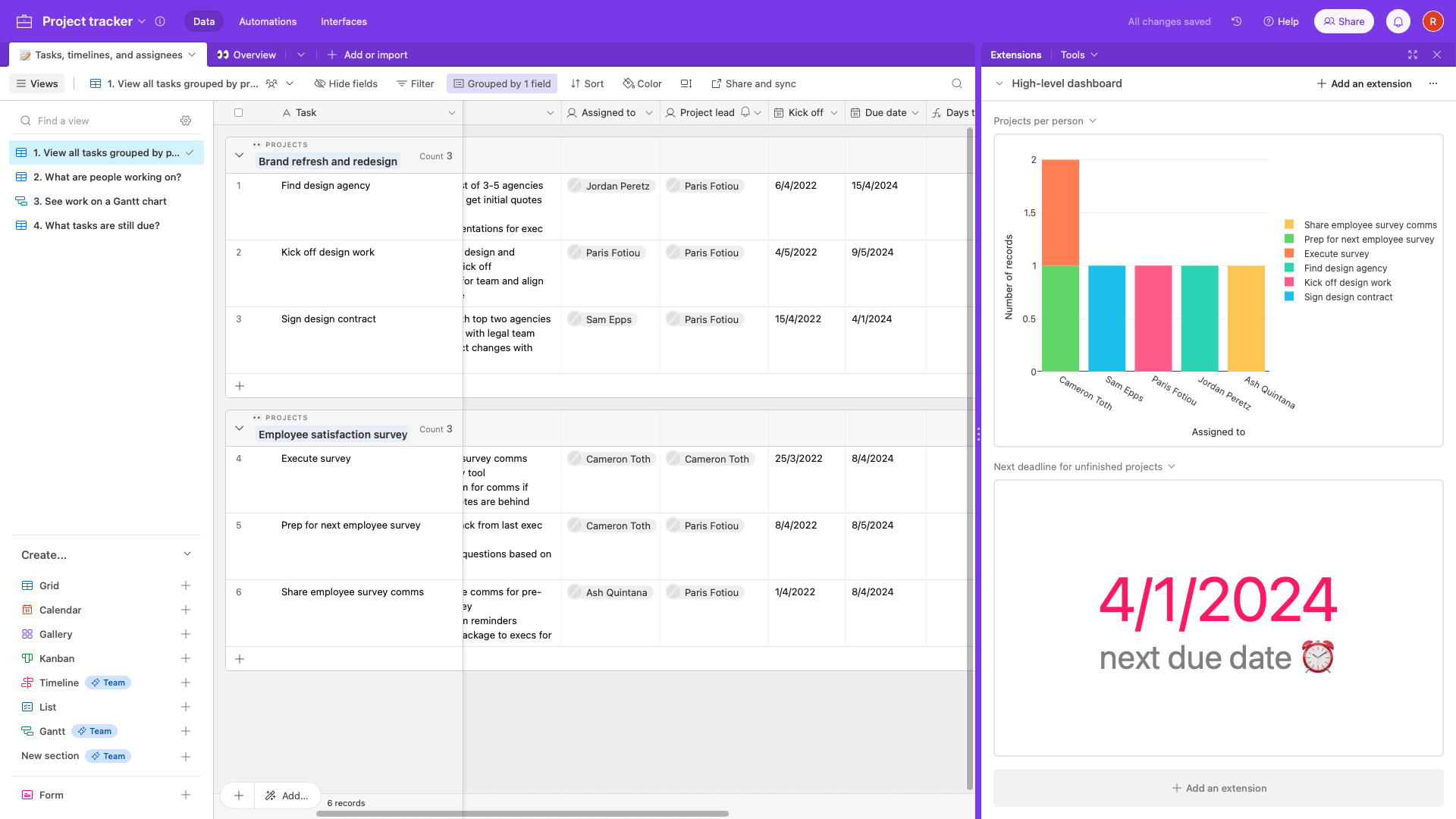
So, we can achieve some of the power and flexibility we would with a traditional database tool, with similar user interactions to the likes of Excel or Google Sheets.
Additionally, it offers dedicated functionality for creating end-user solutions, including app UIs and workflow tools - alongside a library of templates that make it easy to get up and running when creating custom solutions.
However, Airtable is also highly focused on wholesale migration to its own platform. So, it might be a strong option for moving away from spreadsheets for handling business data - but it lacks extensive support for other kinds of data sources, including directly querying SQL tools.
You might also like our round-up of the top Airtable alternatives .
SmartSheet
Lastly, we have SmartSheet. This is another platform that seeks to empower users with database-like functionality in a spreadsheet-based UI. Just like Airtable, it also provides additional tools for designing interfaces, automating workflows, and centralizing data.
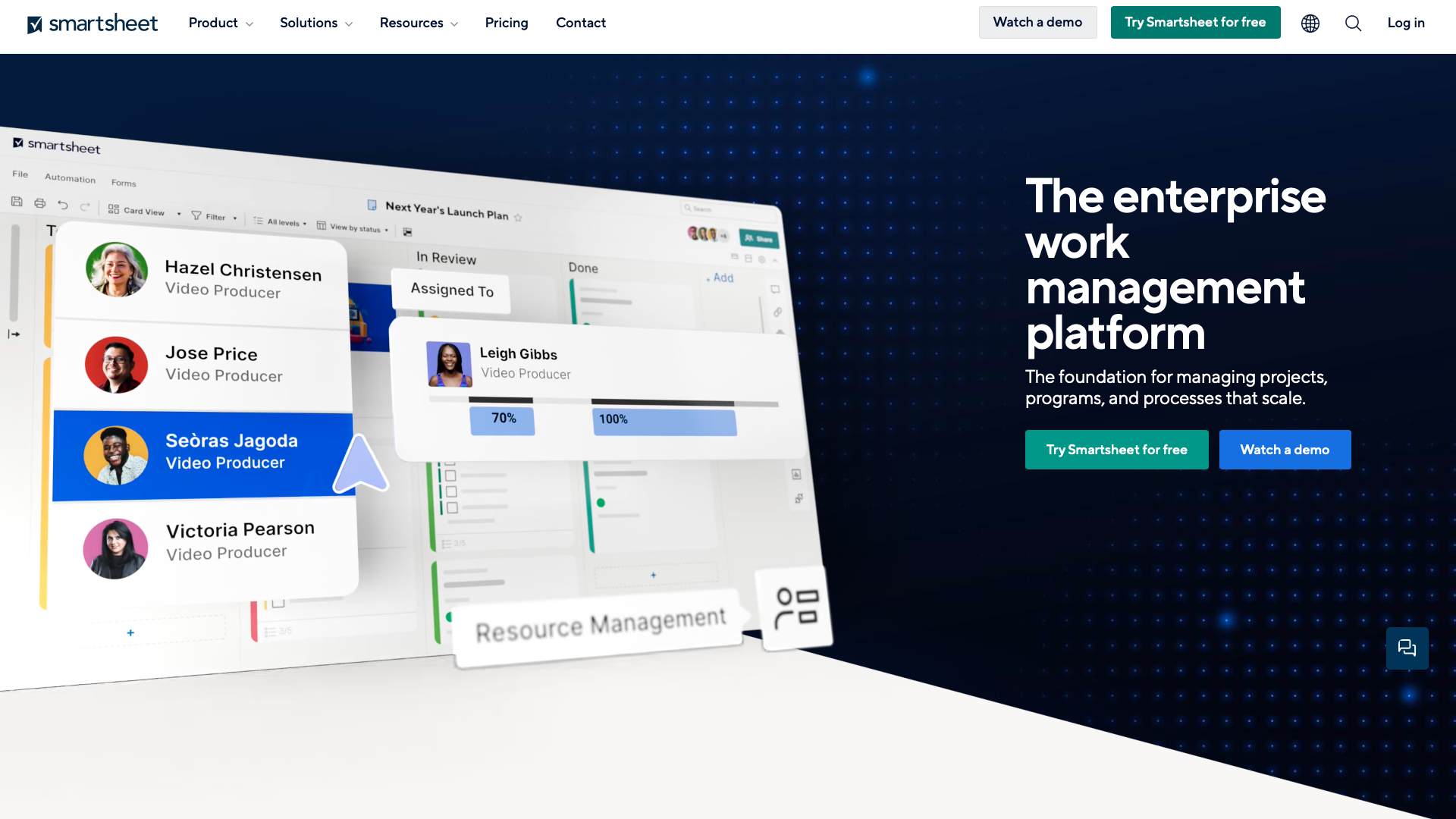
However, on thing to note is that SmartSheet is heavily skewed towards managing tasks, workloads, and projects. So, it may not be a viable Microsoft Access alternative outside of these areas.
SmartSheet is particularly strong on building certain kinds of user interfaces for interacting with your data. For instance, we can easily create custom views for project data, including calendars, Gantt charts, Kanban boards, and more.
Again, SmartSheet is a strong option for non-techincal teams who want to move away from reliance on spreadsheets, but may fall short when it comes to more complex data management needs.
Turn data into action with Budibase

Budibase is the fast, easy way to build custom solutions on top of just about any data source. We offer our own low-code, built-in databases, alongside dedicated connectors for RDBMSs, NoSQL tools, REST APIs, Google Sheets, and more.
Countless teams in all kinds of industries choose Budibase to build forms, admin panels, dashboards, portals, approval apps, and all sorts of other solutions for managing workflows.
Sign up for free today to start build as many apps as you need.